
In a world over-saturated with fad diets and elusive quick fixes that don’t hold up, embarking on a weight loss journey can often feel overwhelming. Thepromises of instant results are tempting but seldom lead to lasting success. Let’s be honest: we all want results yesterday, but it’s unrealistic and can actually hinder your weight loss in the long run. That’s why we’re taking a different approach – one that’s rooted in practicality, balance, and longevity. Welcome to your 1 year weight loss plan, where the emphasis is on sustainable changes to give you the best chance of overall success.
As always, before undertaking any kind of weight loss or lifestyle change, it is always best to speak to a medical professional who is best suited to give personalised advice on your individual health needs and health issues.
Why A 1 Year Weight Loss Plan?
I know it’s a cliche and not what you want to hear, but when it comes to weight loss, slow and steady truly wins the race. Although a year seems a lifetime away it gives you ample time to not only see significant changes in your weight but also to cement new habits that support a healthier lifestyle long term. This extended period allows you to make adjustments gradually, ensuring that the changes are sustainable and adaptable to your personal rhythm and needs. That’s the beauty of a 1 year weight loss plan – it’s designed to transform not just your body but also your lifestyle for the long haul. This really does give you the best chance of success, and you’ll be seeing results long before the 12-month mark passes, so it’s worth it!
Why Calorie Counting?
Calorie counting serves as the cornerstone of our plan, but why? There are a million different weight loss plans and low-fat diets on the market. I have been the victim of many of them in the past, but I love calorie counting not just because it works but because it’s the easiest plan to incorporate into your lifestyle on a long-term basis. It’s a simple yet powerful tool that offers insight into your eating patterns and helps you understand the balance between the energy you consume and the energy you expend. In my opinion, it really is the best diet. By tracking your intake, you can make more informed choices about what you eat, fostering a deeper awareness of how different foods impact your body and your progress.
Calorie counting isn’t suitable for everyone and that’s why we always recommend consulting with a medical professional before starting any kind of weight loss plan. Counting calories can be triggering and create unhealthy obsession so if this sounds like something that would impact you negatively discuss it with your doctor in advance. Here at Soph-obsessed we only ever encourage healthy eating and health first.
Related Post: Which Calorie Counter App Is The Best
Sustainable Lifestyle Changes
Weight loss isn’t just about the numbers. Lasting weight loss goes hand-in-hand with adopting healthier habits that enhance your overall well-being. This plan isn’t about restrictive diets or eliminating your favourite foods – we know first-hand how that can actually have the opposite impact. Instead, it’s about making small, manageable adjustments that accumulate over time. From embracing regular physical activity that you enjoy to finding new ways to manage stress and prioritise sleep, our focus is on creating a balanced and fulfilling lifestyle to give you the best chance at success long term.
Getting Started
Embarking on a 1 year weight loss plan is an exciting and transformative journey. Before diving straight into calorie counting and lifestyle changes, it’s crucial to start with a clear understanding of where you are now. Establishing this solid baseline will not only help you track your progress but also keep you motivated as you witness the changes over time.
Taking Measurements: Body, Weight, and Photographs
Body Measurements
I always recommend taking measurements of your body rather than relying solely on figures on the scales. There are times when your weight won’t change on the scale, but your measurements will! Use a flexible measuring tape to record the circumference of key areas: your waist, hips, chest, thighs, and arms. These measurements will provide insight into your body composition and where you might be losing inches over the coming months. Regularly updating these numbers will help you see changes that the scale might not reflect.
Weight
Of course weight is one of the most important factors when it comes to weight loss. Weigh yourself using a reliable digital scale and note down the figure. For consistency, try to weigh yourself at the same time of day, ideally in the morning after you’ve used the bathroom and before eating or drinking. Keep in mind that weight can fluctuate due to various factors, so consider using your weight in conjunction with other measurements for a more comprehensive view of your progress. Avoiding becoming fixated on this number initially, it can become the main focus, but this should be a tool that shows progress, not the centre of the universe!
Photographs
I know the idea of seeing yourself full frame can be daunting but noone needs to ever see these photos bar you and they will be such a key part of your 1 year weight loss plan and the comparison will be extremely motivatibg as you lose the weight.
Taking ‘before’ photographs is one of the most powerful ways to visually document your journey. Stand in front of a plain background and take pictures from the front, side, and back. Wear form-fitting clothing to clearly see the contours of your body. As you progress, these photos will serve as a powerful reminder of how far you’ve come, often highlighting changes that numbers alone might not capture.
By taking these initial steps, you’re laying a solid foundation for your 1 year weight loss plan. Remember, this is the beginning of a rewarding journey that’s not just about losing weight but about creating a healthier, happier you.
Your 1 Year Weight Loss Plan Goal Setting
Setting goals is an important step in any weight loss journey. It provides direction, helps keep you focused, and gives you something to strive for. When setting goals, it’s important to look at both short-term and long-term goals for your 1 year weight loss plan.
Short-Term Goals
Short-term goals are the achievable milestones that you can aim for in the near future, typically over a few weeks to a couple of months. These goals should be specific, measurable, and time-bound, providing you with clear targets and a sense of accomplishment as you reach each one. They keep you motivated by showing you that progress is happening, even if it’s incremental.
Long-Term Goals
Long-term goals are your ultimate vision, and alone, they can feel overwhelming and unachievable. These are the larger, overarching objectives that you aim to achieve over the duration of your one-year weight loss plan. Long-term goals should be aligned with your overall vision of a healthier lifestyle. They provide a roadmap for where you want to go and remind you of the bigger picture, but they shouldn’t be your daily focus.
The Significance of Realistic Goal Setting
Setting realistic goals is the cornerstone of sustainable progress. Unrealistic goals can lead to frustration and burnout. Setting goals that are challenging yet attainable ensures that you stay motivated and don’t feel defeated by the process. Remember, it’s about progress, not perfection. As you set your goals, keep in mind that this journey is uniquely yours. What works for someone else might not work for you, and that’s perfectly okay. The key is to tailor your goals to your lifestyle, preferences, and needs.
Understanding Calories
It’s obvious but calories are at the heart of calorie counting, and understanding them is key to your 1 year weight loss plan and success. Everyone needs a different number of calories so it’s imortant that you calculate this figure accurately.
How Many Calories For Weight Loss
Before you begin tracking your calories, it’s essential to determine how many you need each day to lose weight. This involves calculating your Total Daily Energy Expenditure (TDEE), which is the number of calories your body needs to maintain its current weight, taking into account your activity level. You can find out how to calculate this here. Alternatively, if you join our friendly Facebook group, we can calculate this figure for you – join here.
The Importance of Sustainable Calorie Intake
I used to always believe that the goal of calorie counting was to consume the lowest amount of calories possible but this is certainly not the healthy way to do things. In the beginning of your 1 year weight loss journey, it’s tempting to slash calories drastically to see faster results. Not only is this unhealthy, it certainly isn’t sustainable. In actual fact, I have lost far more weight by consuming the correctly calculated calorie deficit, and I was able to continue this long-term without feeling deprived or hungry!
- Nutrient Needs: Your body requires a variety of nutrients to function correctly. Severely cutting calories can lead to deficiencies in essential vitamins and minerals, negatively impacting your health and well-being.
- Energy Levels: Consuming too few calories can leave you feeling fatigued and sluggish. Adequate caloric intake supports your daily activities and exercise, ensuring you have the energy to stay active and productive.
- Metabolic Health: Drastically reducing calories can slow down your metabolism as your body adapts to conserve energy. This can make it harder to lose weight and may lead to weight regain when normal eating resumes.
- Sustainable Progress: Extreme calorie restriction is difficult to maintain long-term and can lead to a cycle of yo-yo dieting. A moderate caloric deficit is more manageable and supports steady, sustainable weight loss over time.
- Mental and Emotional Well-being: Eating too little can increase feelings of deprivation and stress, potentially leading to unhealthy eating patterns or binge eating. A balanced approach to calorie intake promotes a healthier relationship with food.
In your 1 year weight loss plan, the goal is to create a balanced, sustainable approach that you can maintain comfortably. Remember, it’s not just about losing weight but also about building a healthier lifestyle that supports your overall well-being that you can suistain long term.
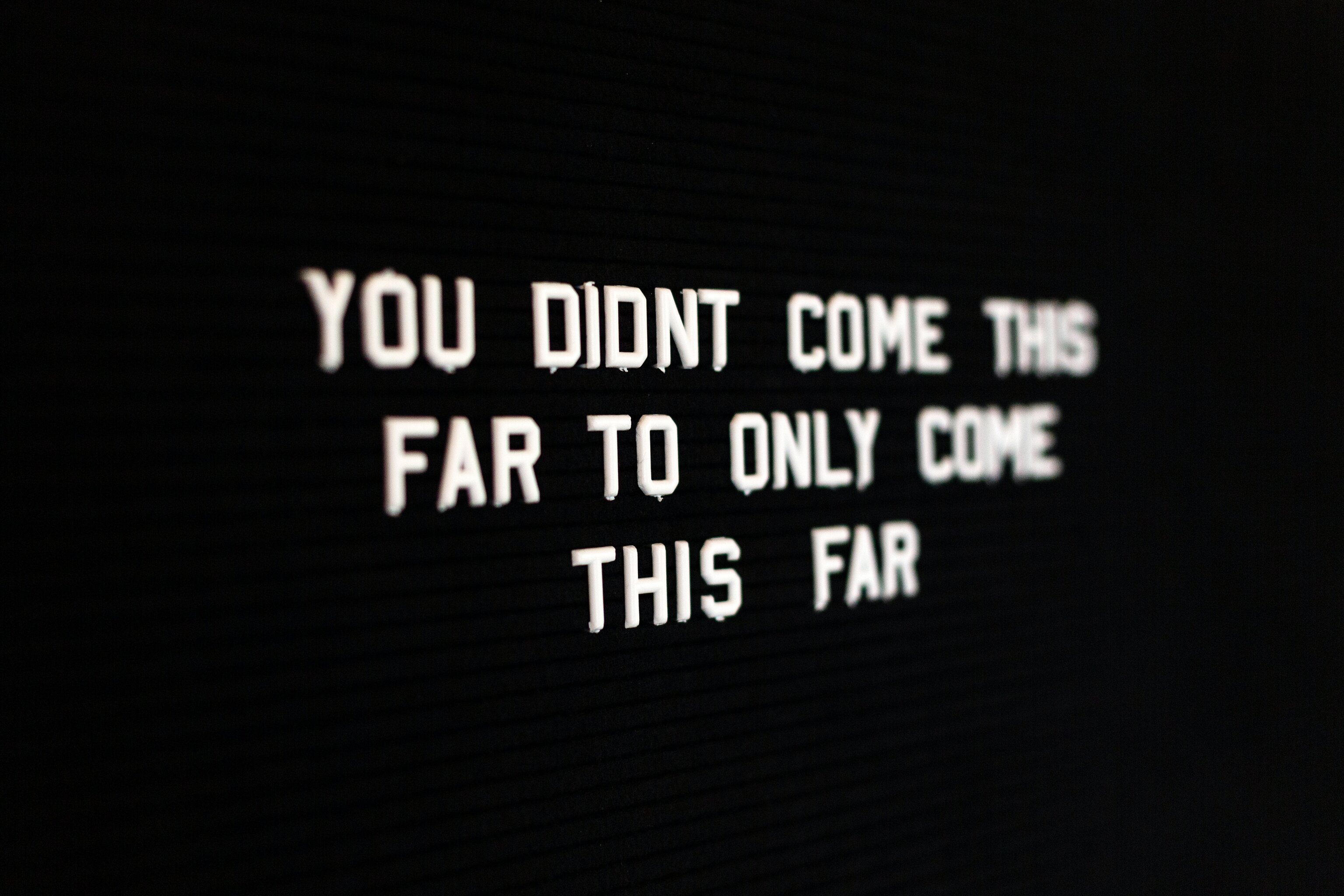
Nutrition Essentials
As you embark on your 1 year weight loss plan, understanding the fundamentals of nutrition is key to achieving and maintaining a healthy weight. It’s not just about cutting calories but also about making nutritious choices that fuel your body and support your overall well-being. Creating a meal plan incorporating a balanced diet is key to any low-calorie diet.
Exploring the Best Types of Foods for a Healthy Diet
Vegetables and Fruits
Starting with the obvious in healthy foods – vegetables and fruit – they contain fewer calories but high in vitamins, minerals, and fibre which offer great health benefits. Aim to fill a third to half of your plate with a variety of colourful vegetables and fruits at each meal.
Whole Grains
Whole grains are a great source of complex carbohydrates, which provide steady energy and are rich in fibre. Fibre helps you feel full longer and supports digestive health.
Lean Proteins
Protein is essential for muscle repair, growth, and maintaining a healthy metabolism. Including a variety of lean protein sources in your diet can help you stay satisfied and support your weight loss goals.
- Animal Proteins: Chicken, turkey, fish, lean cuts of beef, and eggs.
- Plant Proteins: Beans, lentils, tofu, tempeh, and quinoa.
Healthy Fats
Not all fats are created equal. Healthy fats are vital for brain health, hormone production, and absorbing fat-soluble vitamins. Although you want to limit the amount of fat in the diet you don’t want to eliminate it altogether!
- Sources: Avocado, nuts, seeds, olive oil, and fatty fish like salmon and mackerel.
Dairy or Dairy Alternatives
Calcium and vitamin D are crucial for bone health. Whether you choose dairy or fortified plant-based alternatives, ensure you get enough of these nutrients.

The Role of Protein
Protein plays a pivotal role in your 1 year weight loss plan. It’s more than just a muscle-building nutrient; it’s essential for overall health and satiety. Protein-rich foods are more filling than carbohydrates or fats. They help control hunger and reduce the urge to snack between meals, making it easier to stick to your calorie goals. During weight loss, there’s a risk of losing muscle mass along with fat. Adequate protein intake helps preserve muscle, which is important for maintaining a healthy metabolism and achieving a toned physique.
Protein has a higher thermic effect compared to carbs and fats, meaning your body burns more calories digesting and metabolising it. This can slightly boost your metabolic rate and aid in weight loss.
Aim to include a source of protein in each meal and snack. This can be animal-based, like lean meats and eggs, or plant-based, like beans and nuts. Balancing your intake across the day helps maintain steady energy levels and supports muscle recovery after physical activity.
Stay Hydrated
Hydration is often overlooked in weight loss plans, but it’s a crucial element of success. Water supports numerous bodily functions and is essential for survival. The number of people who are dehydrated without even realising it is quite shocking. Make sure you are staying hydrated to give your body the best chance and to stay feeling on top!
Monitoring Progress During Your 1 Year Weight Loss Plan
As you journey through your 1 year weight loss plan, regularly monitoring your progress is essential to stay on track and make necessary adjustments. Weight loss is not always linear, and being adaptable is key to maintaining momentum and achieving your goals.
Weigh & Measure Yourself Regularly
While weight is not the only measure of success, it’s a useful metric to track over time. Remember that daily fluctuations are normal due to factors like water retention and food intake. In addition to weight, regularly measuring your body circumferences (waist, hips, thighs, etc.) provides insight into changes in body composition.
Take Progress Photos
Visual documentation is a powerful tool, and continuing to take progress photos can reveal changes that numbers might not capture. Comparing these photos over time can be incredibly motivating and provide a visual affirmation of your hard work.
Track Fitness and Energy Levels
Monitor improvements in your fitness levels and how you feel overall. Increased stamina, strength, and energy are significant indicators of progress, even if they don’t directly translate into weight loss. Remember, small changes have big results.
Assess Dietary Habits
Regularly review your eating patterns. Are you hitting your calorie targets? Are you incorporating a variety of nutrient-dense foods? Adjust your meal plans and snacks as needed to stay aligned with your goals.
Adjusting Calorie Intake
As you lose weight, recalculate your Total Daily Energy Expenditure (TDEE) every few months. This will help you determine if you need to reduce your calorie intake slightly to continue losing weight. Make gradual adjustments to your calories over time. Cutting calories too drastically can lead to muscle loss, nutritional deficiencies, and a slowdown in metabolism. Aim for small, sustainable changes instead. Pay attention to how you feel. If you’re constantly fatigued, hungry, or experiencing mood swings, you might need to increase your calorie intake slightly or ensure you’re eating more balanced meals.
Mindset and Food Relationships
Weight loss isn’t just a physical journey; it’s also a profound psychological one. Foor many of us weight gain has occured due to our relationship with food and overall mindset. If we don’t tackle these issues then it can hinder our weight loss or our long term maintenece of any weight loss we do achieve.
How we think about food, our bodies, and the process of change can significantly impact our success. Cultivating a healthy mindset and a positive relationship with food is crucial for long-term success in your 1 year weight loss plan.
Self-Perception and Body Image
How you view yourself can influence your weight loss journey. Negative self-perception or poor body image can lead to discouragement and unhealthy behaviours. It’s important to nurture self-compassion and recognise that your worth is not defined by your weight or appearance.
Emotional Eating
Many people use food as a coping mechanism for stress, boredom, or other emotions. Understanding your emotional triggers and finding alternative ways to manage them is essential for developing a healthier relationship with food.
Motivation and Willpower
Maintaining motivation over the long term can be challenging. It’s normal for motivation to fluctuate. Building habits and routines can help you stay on track even when your motivation dips.
Cognitive Patterns
Negative thinking patterns, such as all-or-nothing thinking or setting unrealistic expectations, can hinder your progress. Learning to challenge and reframe these thoughts is a key part of developing a healthy mindset.
Overcoming Setbacks
Every weight loss journey encounters setbacks and obstacles, whether it’s a plateau in progress, a slip in dietary habits, or life’s unexpected challenges. It’s important to remember that setbacks are a natural part of the process and don’t define your overall success. Common hurdles might include fluctuating motivation, emotional eating, or the occasional indulgence.
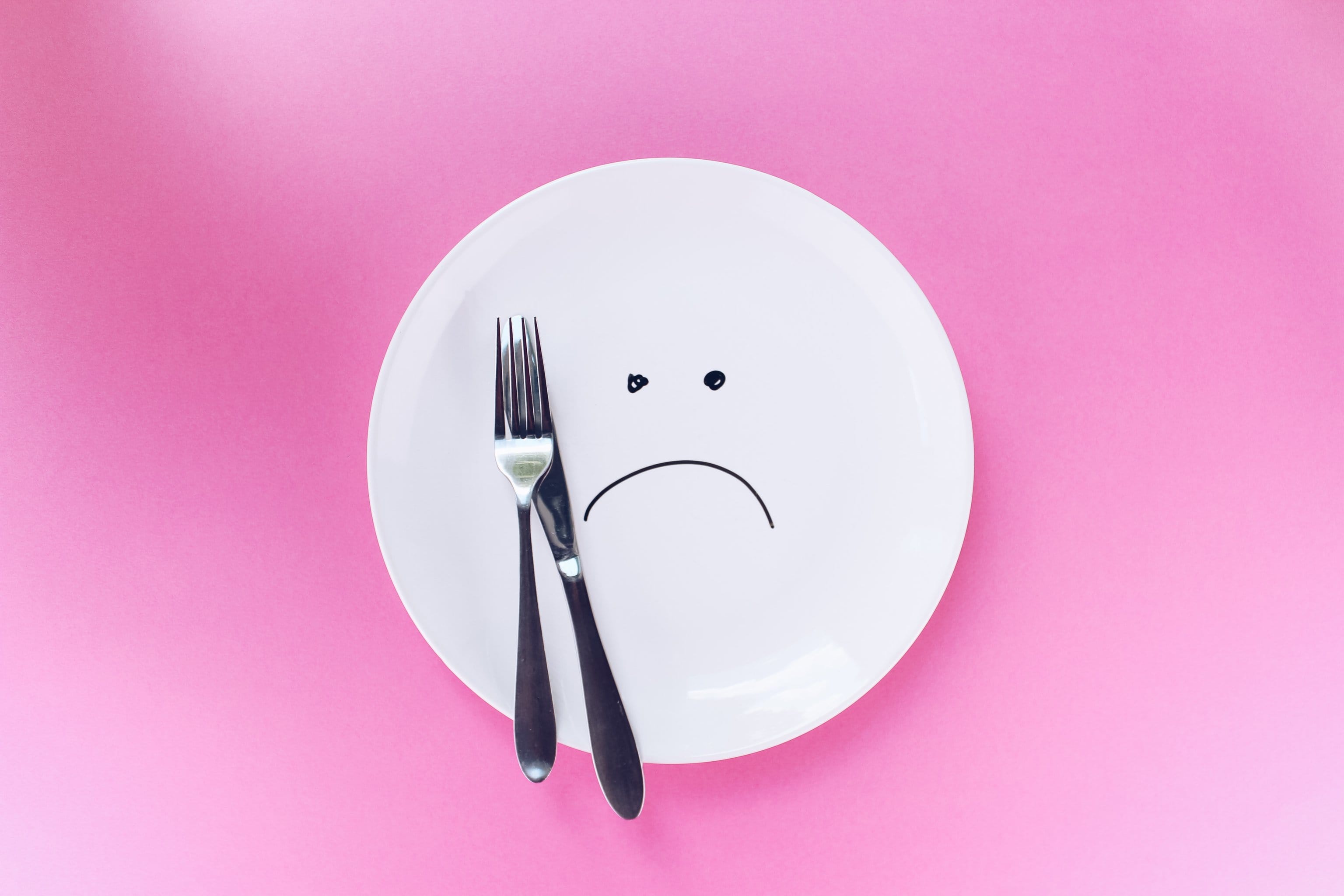
To overcome these challenges, focus on resilience and adaptability. Reframe setbacks as opportunities to learn and grow. Develop a toolkit of strategies such as setting smaller, achievable goals, revisiting your motivation, and practising self-compassion. Embrace a flexible approach and remind yourself of your long-term goals. By staying committed and viewing each setback as a stepping stone rather than a stumbling block, you maintain your momentum and continue progressing toward your healthier, happier self.
The Role of Exercise
Integrating exercise into your 1 year weight loss plan is not only essential for burning calories but also crucial for enhancing your overall well-being. Regular physical activity supports weight loss by boosting your metabolism and preserving lean muscle mass, which helps you achieve a toned and healthy body. Beyond the scale, exercise offers numerous benefits, such as improved cardiovascular health, increased energy levels, better mood, and reduced stress.
To ensure sustainability, choose activities you enjoy, whether it’s walking, dancing, swimming, or yoga. This enjoyment makes it easier to stay consistent and incorporate movement into your daily routine. Remember, the goal is to create a balanced lifestyle where exercise becomes a natural and enjoyable part of your journey to better health.
Transitioning to Maintenance After Your 1 Year Weight Loss Plan
Reaching your weight loss goals is a significant milestone, but the journey doesn’t end there. Transitioning to maintenance involves creating a plan to sustain your progress and continue enjoying a healthy lifestyle. This phase is about maintaining the healthy habits you’ve developed, such as balanced eating, regular exercise, and mindful practices. Gradually increase your caloric intake to find a new equilibrium that supports your current weight without leading to regain but supports your long-term weight loss.
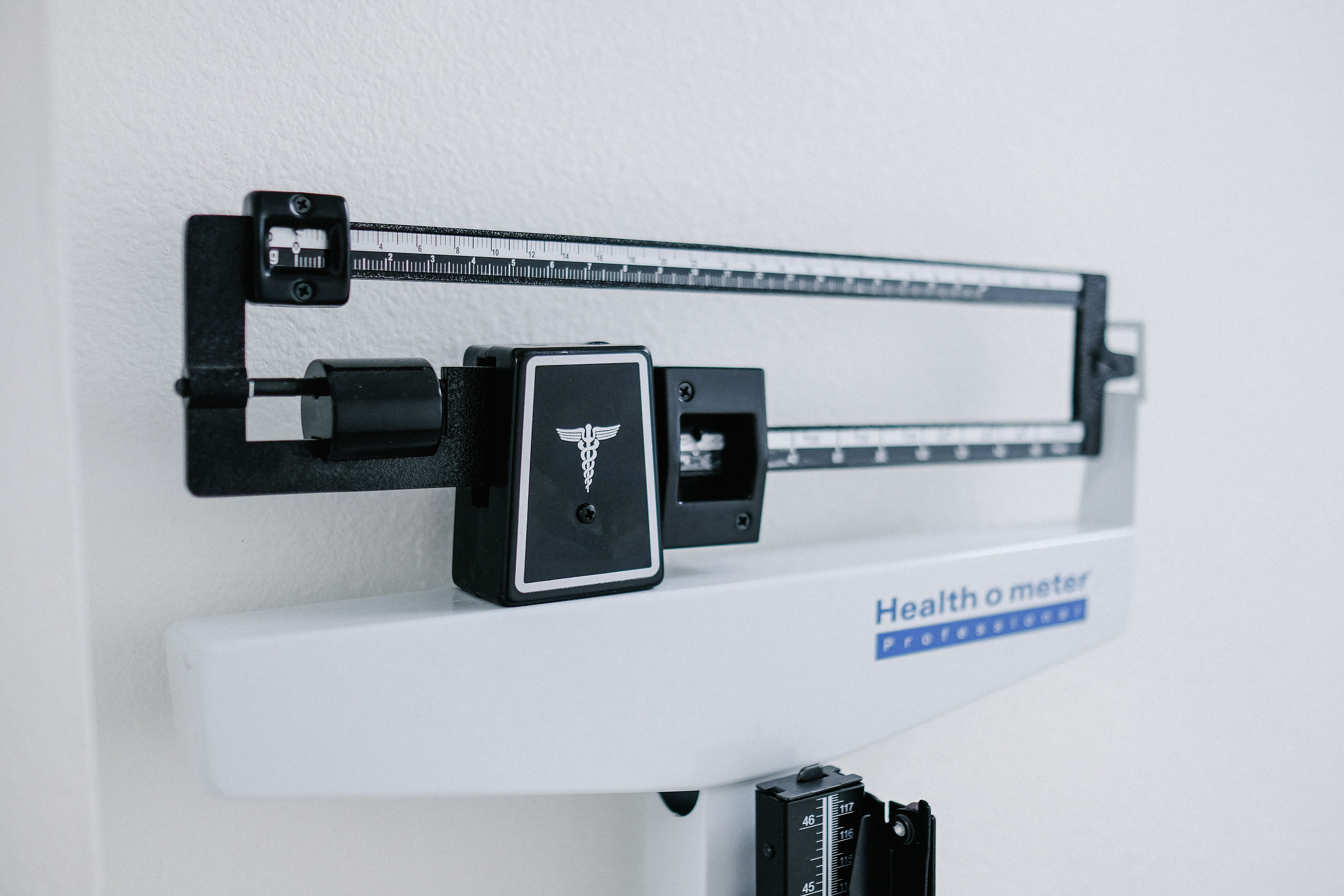
Stay vigilant about monitoring your weight and well-being, making adjustments as needed. Remember, long-term success relies on sustaining the lifestyle changes that got you here. Embrace this ongoing journey with the same dedication and positivity, ensuring that the healthier, happier you becomes a permanent part of your life.
If you want further support and company on your weight loss journey, join my free Facebook Group here. Oh, and if you have found this website and articles useful and you’d like to know how you can say thank you, then I am always appreciative of receiving a virtual coffee here.
Thank you for stopping by! Check out my last post here.
Love as always!
 More From Me
More From Me
Want to find out more about me? Head over to this page. If you like reading posts like this, then you might want to follow me over on Bloglovin. Don’t forget you can find me on Instagram, Facebook, Twitter & YouTube. As always, my words, views and opinions are honest and my own. Links marked with “*” are affiliate links. This does not cost you anything additional, but it may mean I earn a small percentage from any sales. For more information about any of these, please head over to this page.

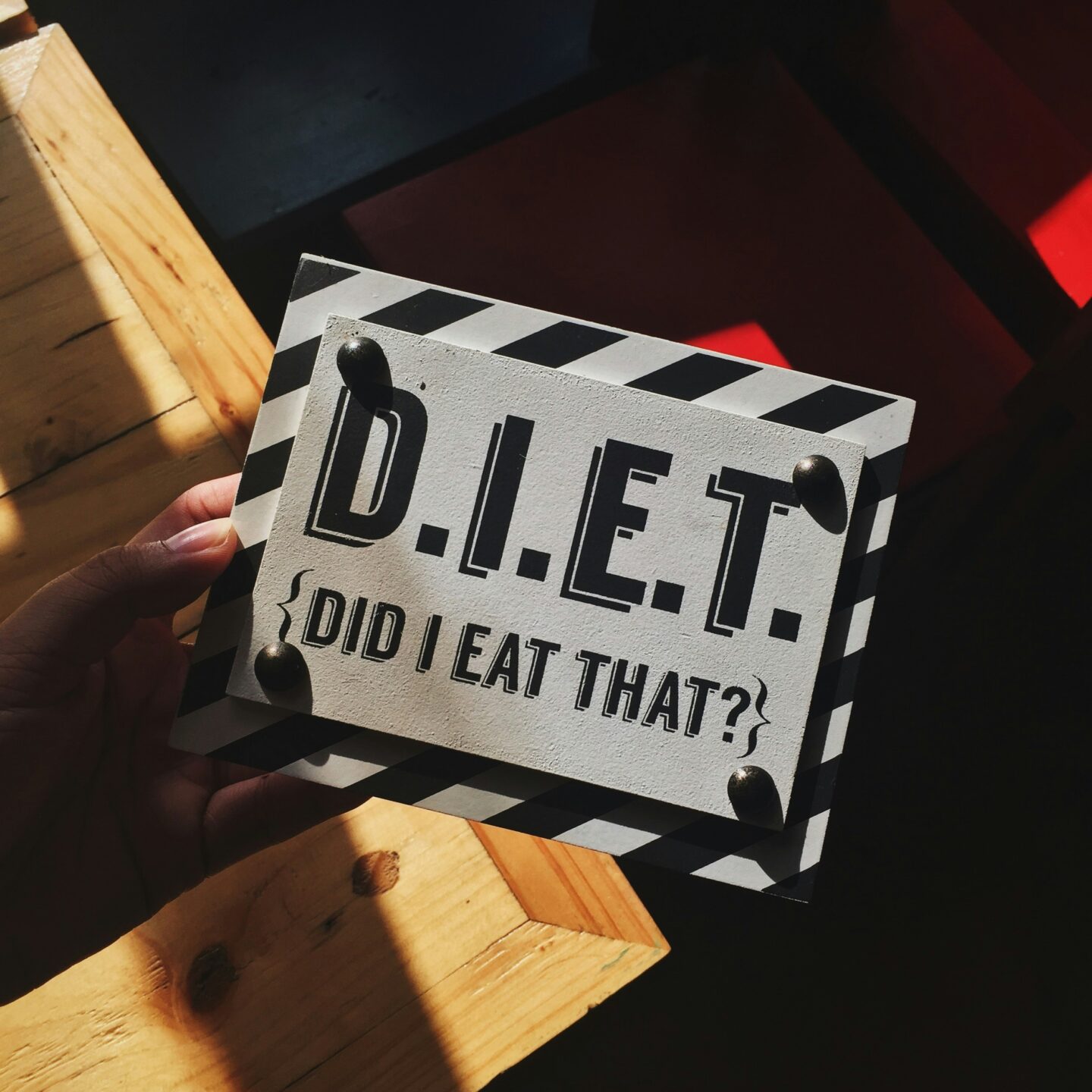






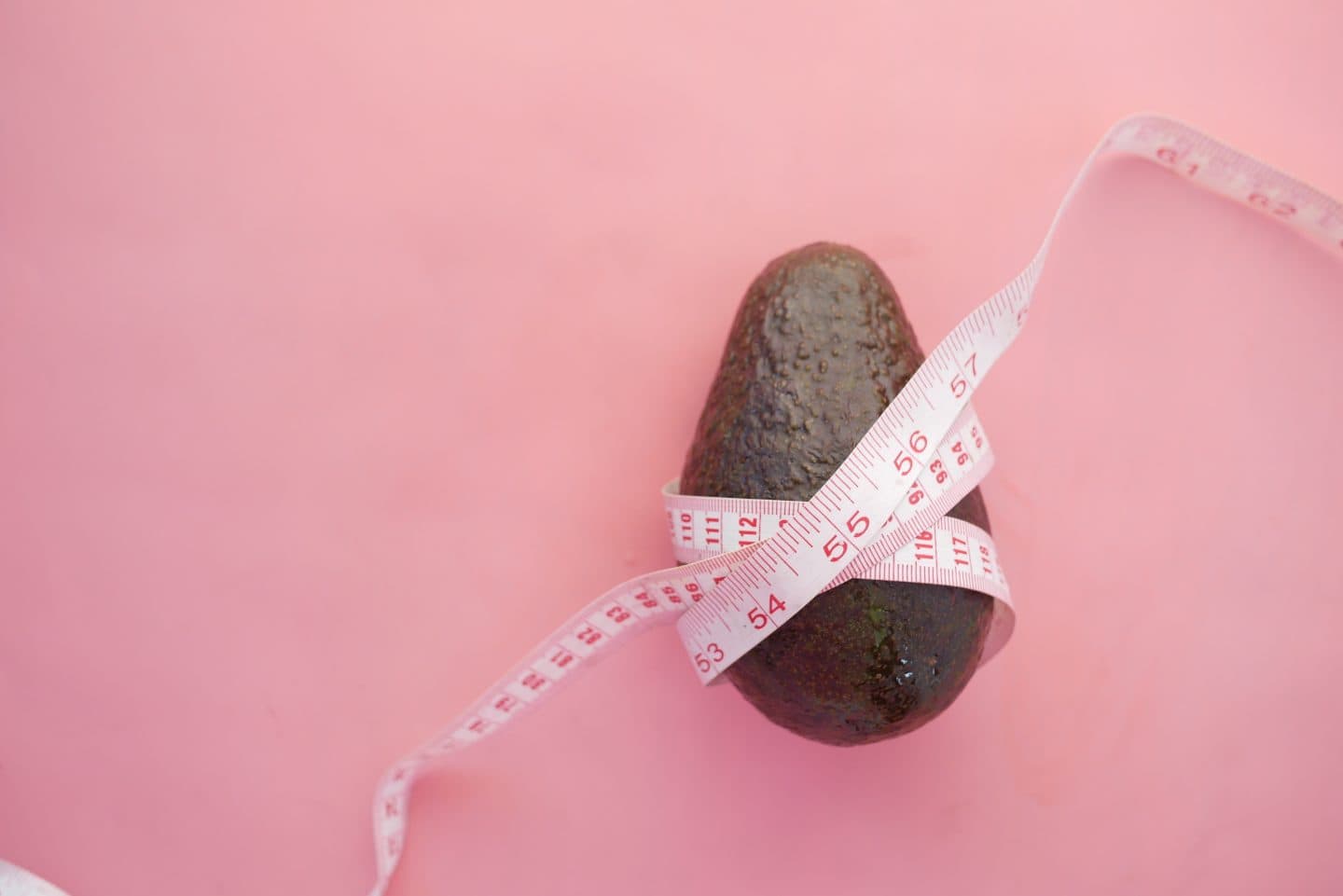
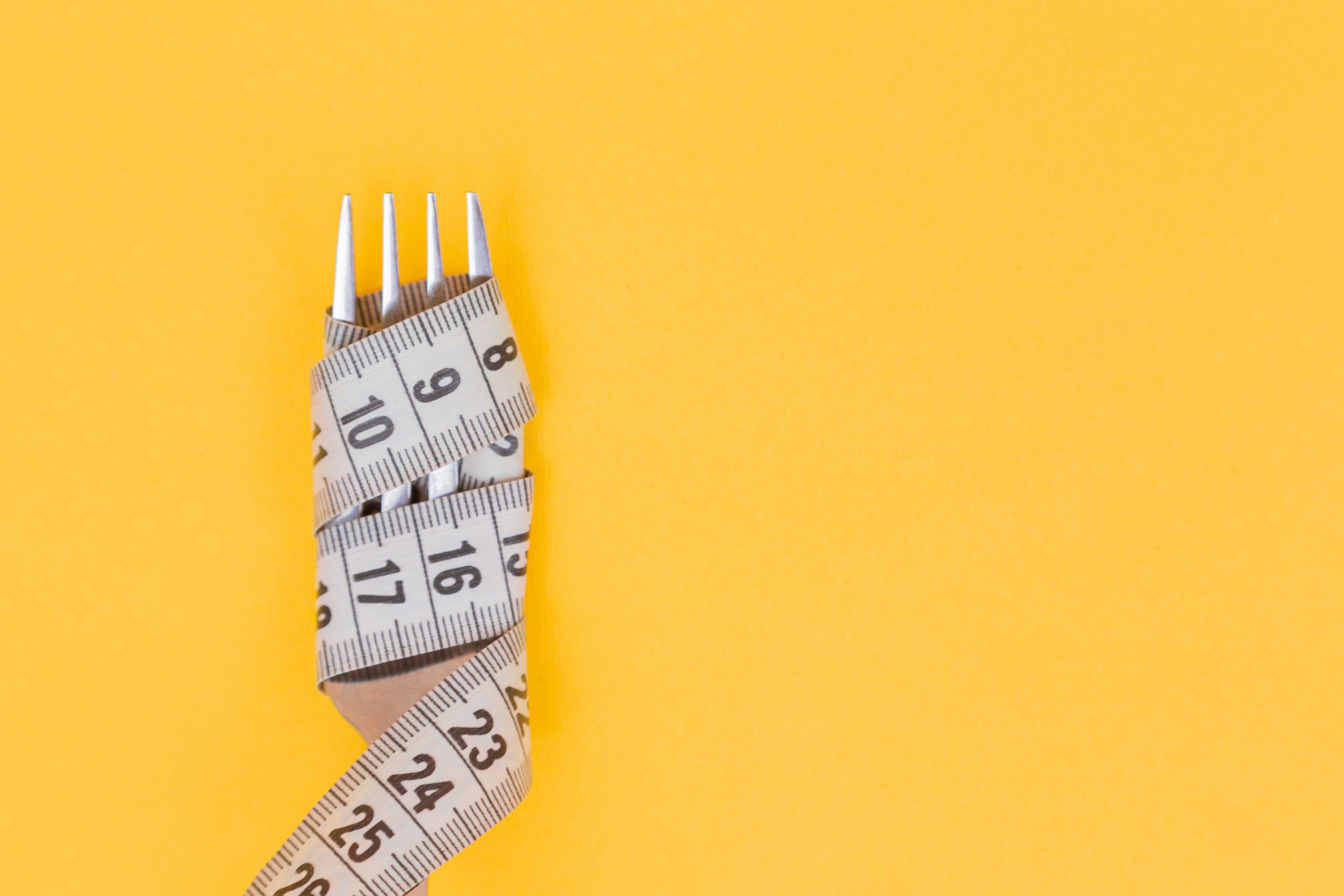
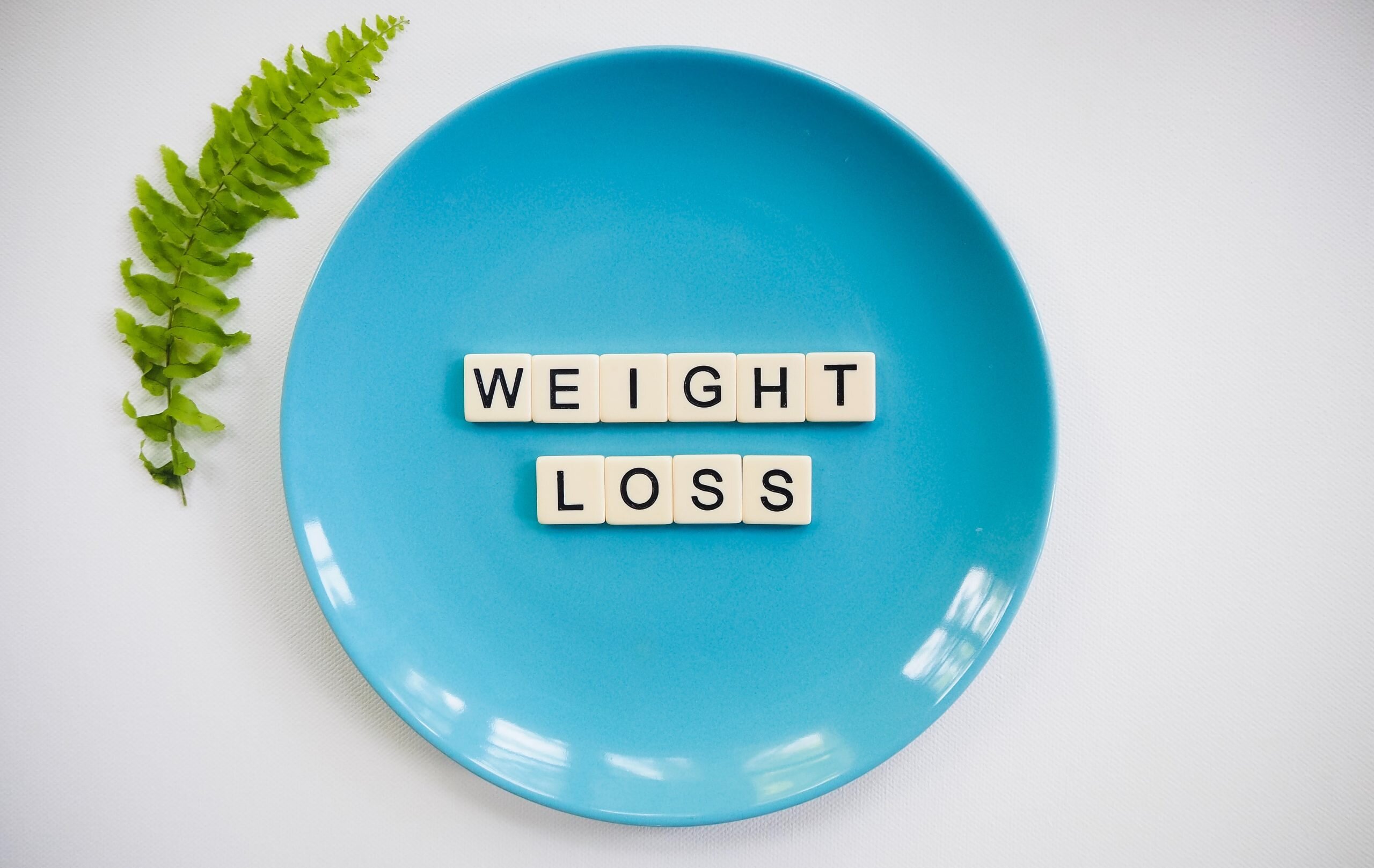

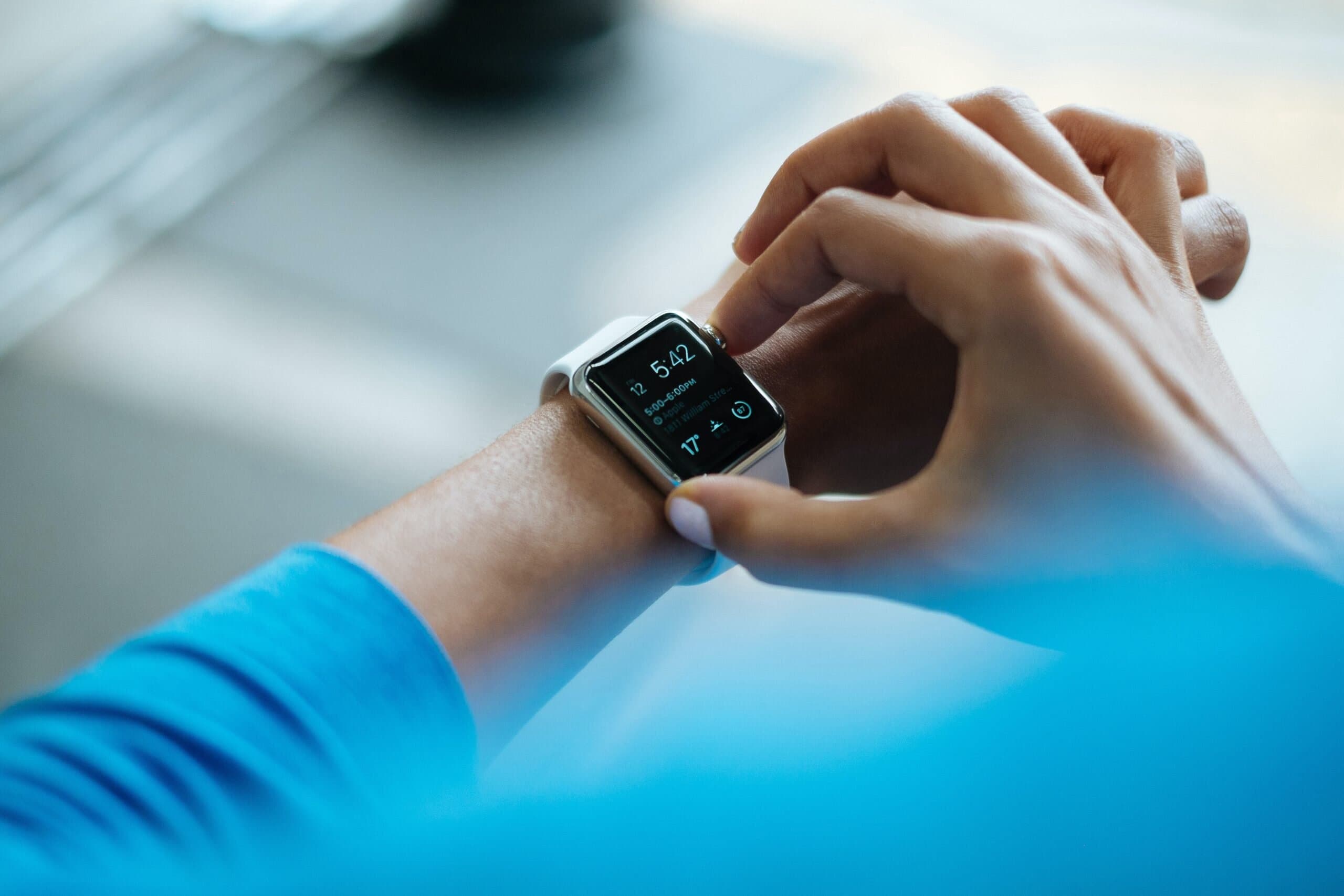
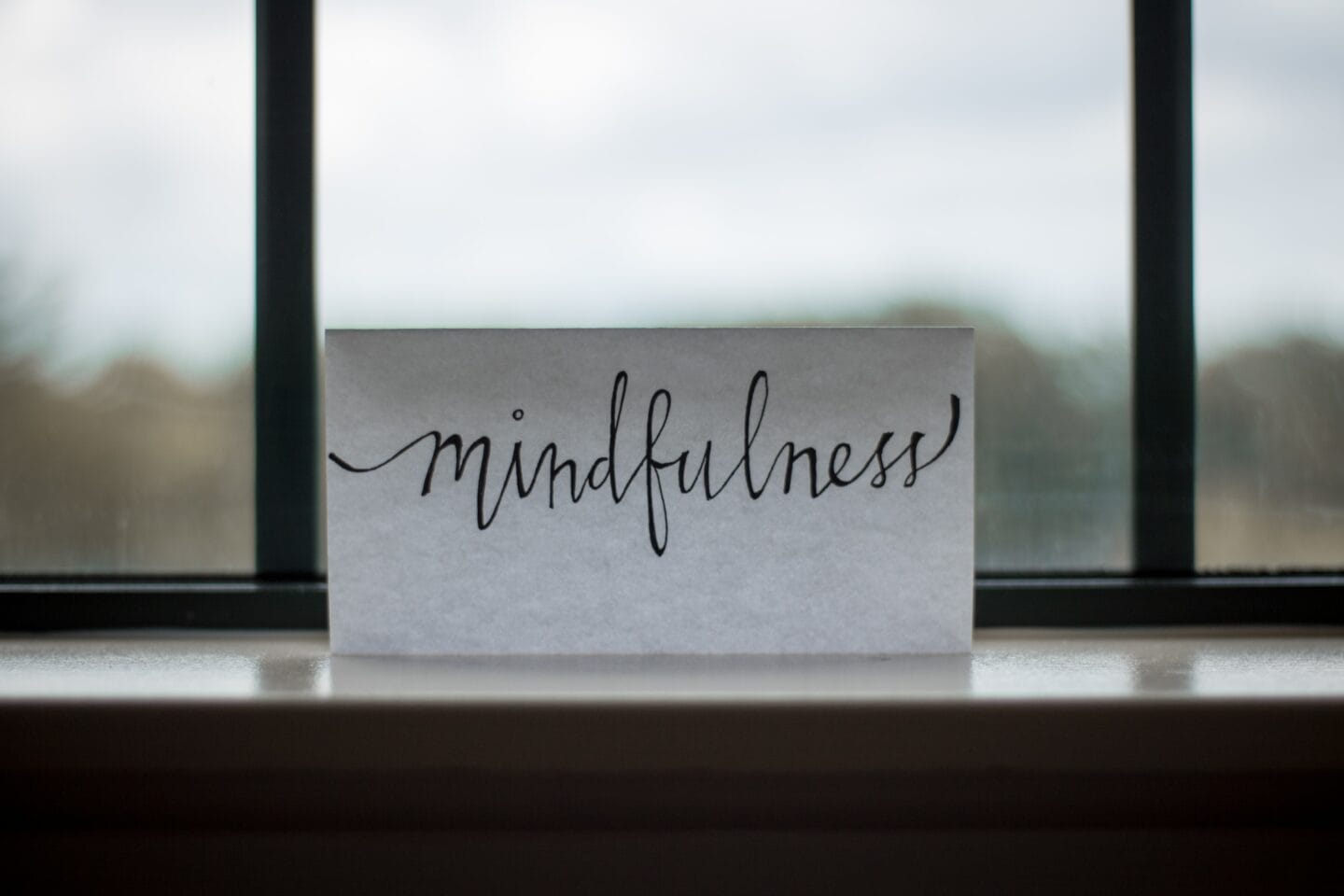
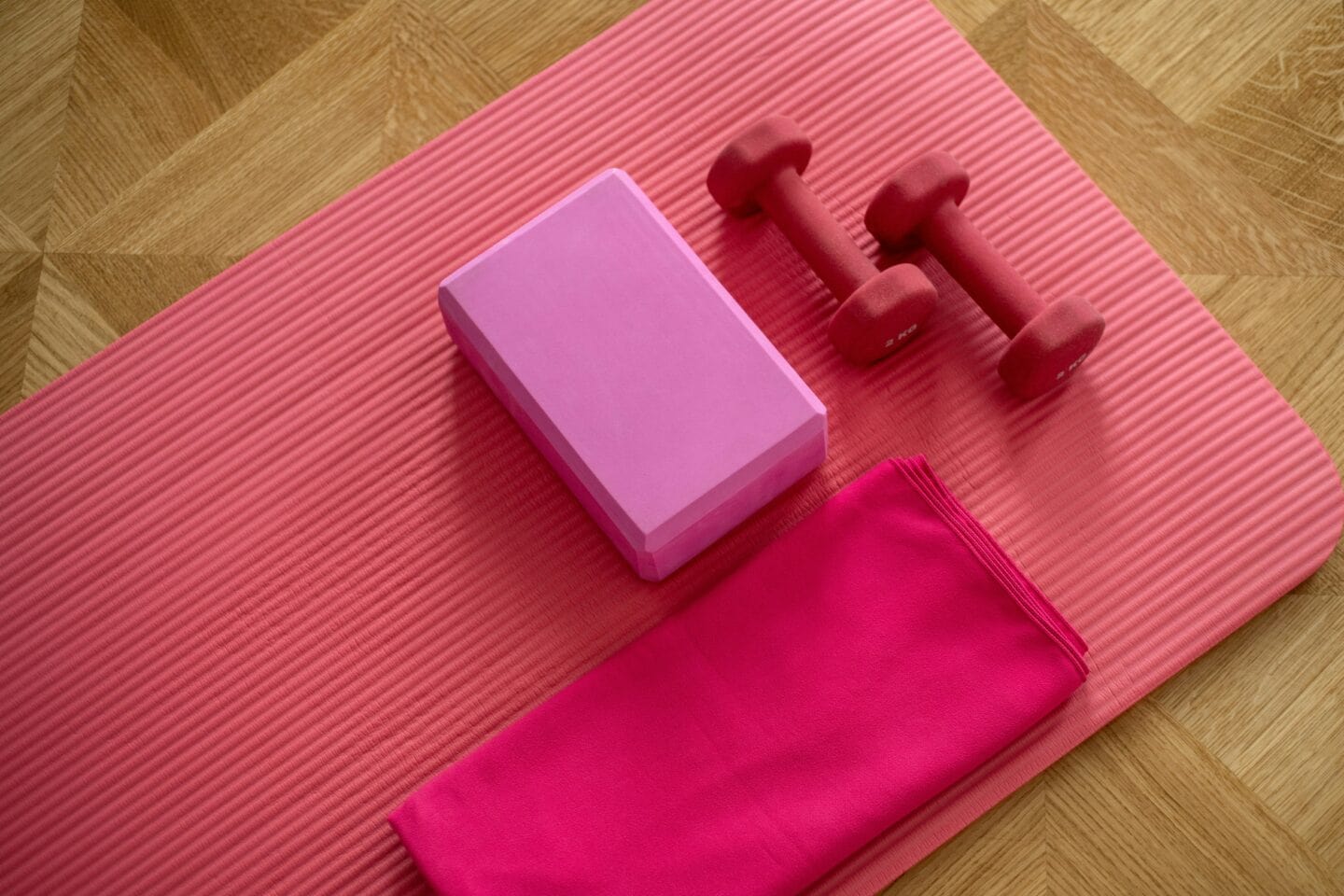

Your post on the 1-Year Weight Loss Plan is incredibly inspiring and practical. The long-term approach you outline encourages sustainable habits and realistic goals, which is crucial for lasting success. The detailed plan, paired with the visual of the plate and measuring tape, effectively emphasizes simplicity and commitment. I appreciate the comprehensive guidance you provide, making it accessible for anyone looking to make a meaningful change. Thank you for sharing such a valuable resource.